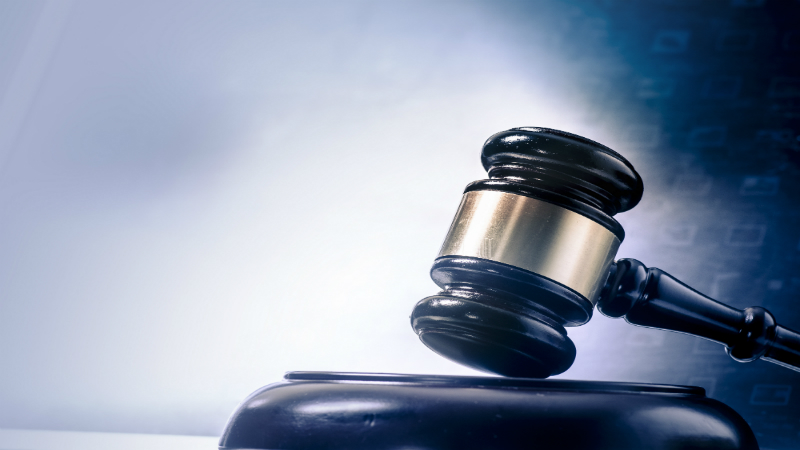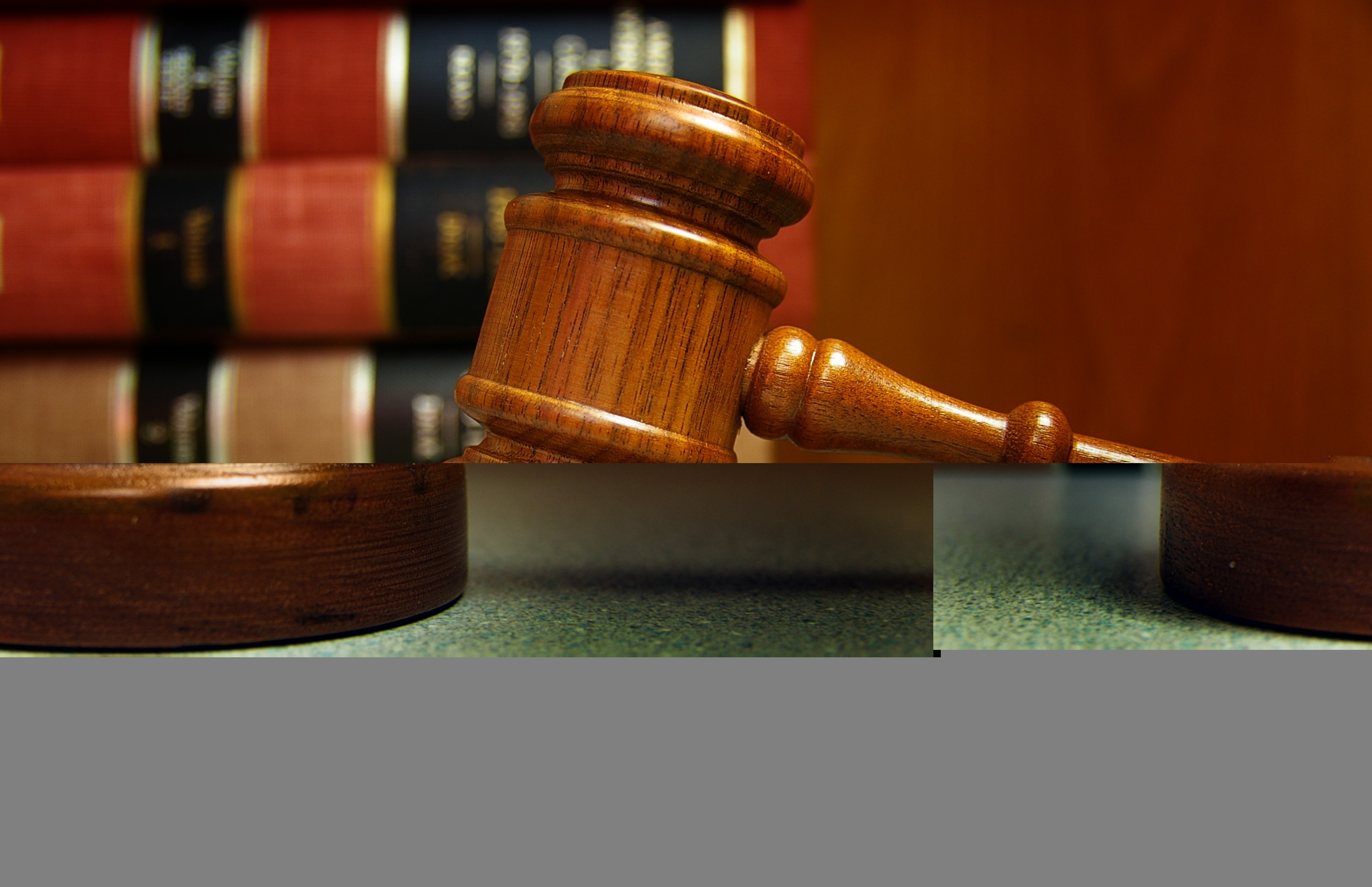It’s fairly common to see a law officer using a radar gun to test the speed of oncoming traffic. For the police, radar guns are useful in grabbing speeders, but they have their weaknesses just as other machines do. If a person is ticketed for speeding based on a radar gun reading, Crosby Law Firm may be able to challenge the case in court based on the radar gun’s inherent limitations. However, a challenge can turn into a battle very easily.
How a Radar Gun Works
A radar gun can receive and send radio signals, and it works by bouncing a signal off of an oncoming vehicle. Using the Doppler Effect, a radar gun determines speed using changes in the returning signal’s value. Police agencies have begun to use LIDAR, or light detecting and ranging equipment, which works similarly but uses lasers instead.
Regardless of the technology used, such devices are sensitive tools that require regular adjustment and calibration to work properly. For instance, a radar gun requires tuning fork usage to ensure an accurate reading. Manufacturers suggest calibration before each use, but states usually require less-frequent maintenance.
Calibration Evidence
The easiest way to challenge radar evidence is for a lawyer to introduce a device’s calibration records in court. If the device was inaccurately calibrated, or not done within a certain period, a person could argue that the ticket should be dismissed.
Some officers may try to calibrate a radar gun without a tuning fork, and lawyers will ask whether a fork was used in calibration. If it was not used, there may be another opportunity for traffic violation lawyers in Belvidere, Il to argue that his client’s speeding ticket should be thrown out of court.
Training in the Use of LIDAR and Radar
Most states require officers with access to LIDAR or radar technology to take a certified, approved training program before using the devices. If a client faces a speeding ticket, traffic violation lawyers in Belvidere, Il can argue that the high reading was due to operator error and not excessive speed.
None of the above arguments will result in an automatic dismissal of a speeding ticket. If a person is sure they weren’t speeding, they should not pay the ticket based solely upon a radar gun reading. These tools are not infallible, and they can offer inaccurate readings if not maintained or operated properly.









